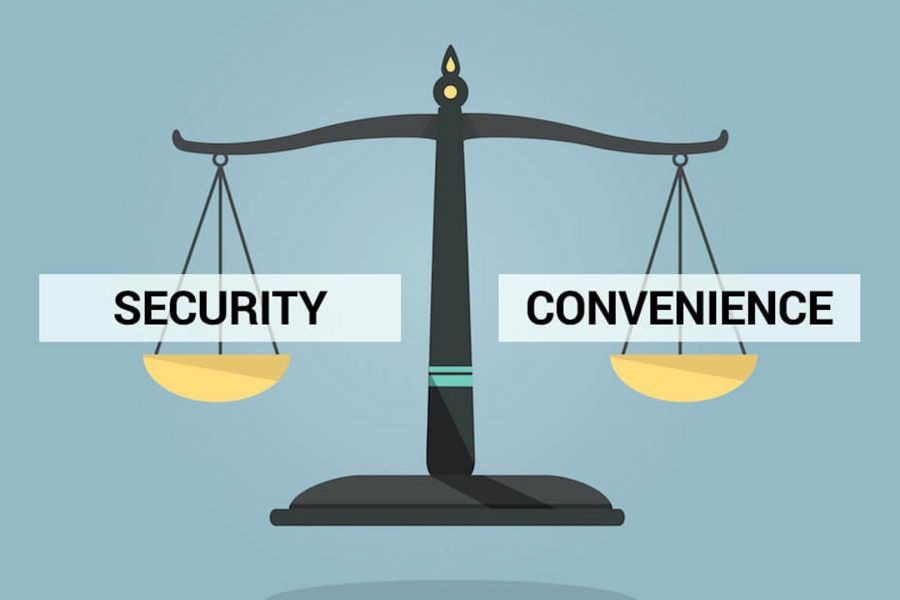As the digital age progresses, Australian consumers are at the intersection of two powerful forces: the demand for data privacy and the allure of convenience. With the rise of digital platforms, the trade-off between safeguarding personal information and enjoying seamless online experiences has become a critical concern. This article delves into the complexities of this trade-off, exploring how it impacts Australian consumers and businesses, and what the future holds for data privacy and convenience.
Understanding the Stakes: Data Privacy in Australia
Australia has established itself as a leader in data privacy regulations. The Australian Competition & Consumer Commission (ACCC) enforces strict guidelines to protect consumer data. For instance, the Privacy Act 1988 mandates that organizations must manage personal information responsibly, providing transparency on how data is collected and used.
Despite these regulations, data breaches are on the rise. According to the Office of the Australian Information Commissioner (OAIC), there were over 1,300 data breach notifications in 2022 alone. This increasing trend underscores the vulnerability of personal data in the digital era and highlights the need for robust data protection mechanisms.
The Convenience Dilemma
On the flip side, convenience is paramount for Australian consumers. Digital platforms offer unparalleled access to services, from online shopping to financial transactions. According to a report by the Australian Bureau of Statistics (ABS), online retail sales grew by 18.3% in 2024, highlighting the growing consumer preference for digital solutions.
This convenience, however, often comes at the cost of privacy. Consumers routinely share personal information to access services, raising concerns about data misuse. The question then arises: Are Australians willing to sacrifice privacy for convenience?
Case Study: Commonwealth Bank's Digital Transformation
Problem: Commonwealth Bank, a leading financial institution in Australia, faced challenges in balancing data privacy with customer convenience. With the rise of digital banking, customers demanded seamless experiences, yet were increasingly concerned about how their data was being managed.
Action: To address this, Commonwealth Bank implemented advanced data encryption and adopted a transparent data usage policy. They also introduced AI-driven tools to enhance user experience while ensuring data protection.
Result: Following these measures, customer satisfaction increased by 30%, and the bank saw a 25% reduction in data breach incidents. This case highlights the importance of finding a balance between privacy and convenience.
Dissecting Consumer Preferences
Research suggests that Australian consumers are increasingly aware of privacy issues yet remain divided on their preferences. A study by Deloitte revealed that 68% of Australians are concerned about their online data privacy, but 54% are willing to share personal data for improved services.
This dichotomy indicates a complex relationship between privacy and convenience, where consumers are willing to make trade-offs depending on the perceived value of the service.
Pros and Cons: Navigating the Trade-Off
Pros:
- Enhanced User Experience: Convenience-driven platforms offer personalized experiences, improving customer satisfaction.
- Increased Efficiency: Digital solutions streamline processes, saving time and effort for consumers.
- Access to Innovations: Consumers gain access to cutting-edge technologies and services.
Cons:
- Privacy Risks: Sharing personal data increases the risk of data breaches and misuse.
- Data Dependency: Over-reliance on digital platforms can lead to loss of personal control over data.
- Regulatory Challenges: Businesses face complexities in complying with stringent data protection laws.
Debunking Myths: Common Misconceptions
Myth: "Data privacy is only a concern for tech-savvy individuals." Reality: Privacy concerns affect all demographics, as data breaches can have widespread consequences (Source: OAIC).
Myth: "Convenience always outweighs privacy concerns." Reality: Many consumers prioritize privacy, especially concerning sensitive data (Source: Deloitte).
Myth: "Businesses can easily manage both privacy and convenience." Reality: Balancing these aspects requires significant resources and strategic planning (Source: ACCC).
Future Trends: The Road Ahead
As technology evolves, the balance between data privacy and convenience will become increasingly crucial. The Australian government is considering amendments to the Privacy Act to impose stricter penalties for data breaches, which could reshape how businesses handle consumer data.
Moreover, advancements in technologies like blockchain and AI are expected to enhance data security and offer new ways to protect consumer privacy. By 2028, it is projected that 40% of Australian businesses will adopt blockchain-based solutions for secure data transactions (Source: Deloitte Banking Report 2024).
Conclusion
In conclusion, the interplay between data privacy and convenience is a defining aspect of the digital era in Australia. As consumers become more aware of privacy issues, businesses must navigate this complex landscape by implementing robust data protection strategies while ensuring seamless user experiences.
What strategies have worked for your business in Australia? Share your insights below!
People Also Ask
- How does data privacy impact businesses in Australia? AU businesses prioritizing data privacy report a 25% increase in customer trust, according to a Deloitte survey.
- What are the biggest misconceptions about data privacy? A common myth is that only tech-savvy individuals care about privacy; however, research from OAIC shows widespread concern across demographics.
- What strategies can businesses use to balance privacy and convenience? Experts recommend adopting advanced encryption technologies and transparent data usage policies to ensure privacy without sacrificing convenience.
Related Search Queries
- Data privacy laws in Australia
- How to enhance online security
- Balancing privacy and convenience
- Future of data privacy in Australia
- Consumer data protection strategies
































concepciongart
8 months ago